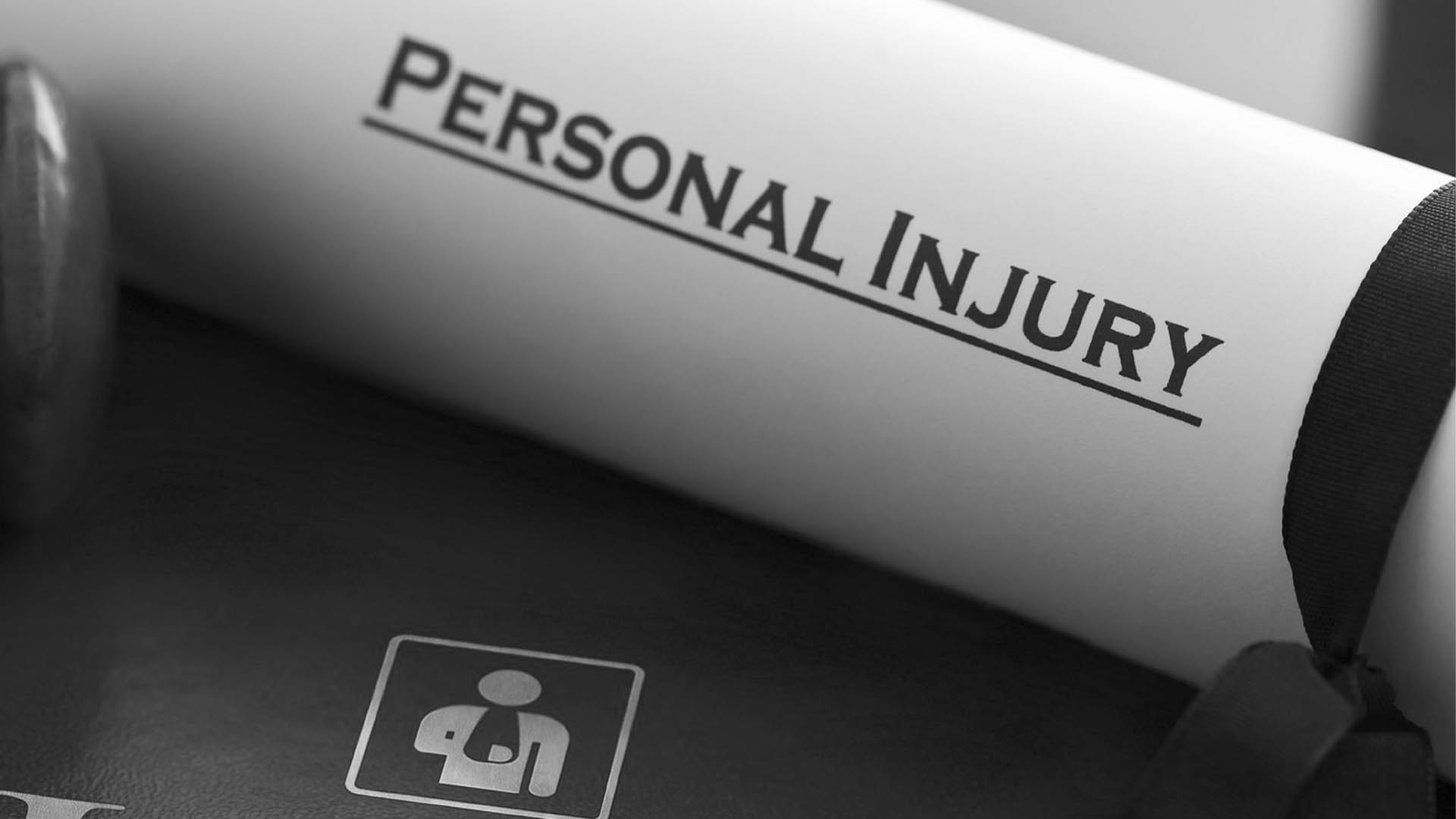Introduction to Personal Injury Lawsuits
Personal injury lawsuits are legal disputes that arise when one person suffers harm from an accident or injury, and someone else might be legally responsible for that harm. These cases often involve seeking compensation for damages such as medical expenses, lost wages, and pain and suffering. Understanding personal injury laws is crucial for anyone involved in such incidents.
Types of Personal Injury Cases
Personal injury cases can stem from various incidents, including motor vehicle accidents, slip and fall accidents, medical malpractice, and workplace accidents. Each type of case has its own unique set of legal considerations and challenges.
Elements of a Personal Injury Claim
To succeed in a personal injury claim, certain elements must be established, including duty of care, breach of duty, causation, and damages. These elements form the basis of proving negligence or fault in a personal injury case.
Statute of Limitations
It’s essential to be aware of the statute of limitations, which is the time limit within which a lawsuit must be filed. Failing to file within this timeframe can result in the loss of the right to seek compensation. However, there are exceptions to this rule, depending on the circumstances of the case.
Hiring a Personal Injury Attorney
Seeking legal representation from a qualified personal injury attorney can greatly enhance your chances of success in a personal injury case. An experienced attorney can provide valuable guidance, handle negotiations with insurance companies, and represent you in court if necessary.
Evidence Gathering
Collecting evidence is crucial in building a strong personal injury case. This may include photographs, witness statements, medical records, and expert testimony. The more evidence you have to support your claim, the stronger your case will be.
Negotiating with Insurance Companies
Insurance companies often try to minimize payouts to injured parties. It’s essential to approach negotiations with caution and to be aware of common tactics used by insurance adjusters. Having an attorney negotiate on your behalf can help level the playing field.
Litigation Process
If a settlement cannot be reached through negotiation, the case may proceed to litigation. This involves filing a lawsuit, the discovery phase where both parties gather evidence, mediation or settlement negotiations, and ultimately, a trial if necessary.
Compensation in Personal Injury Cases
Victims of personal injury may be entitled to various forms of compensation, including medical expenses, lost wages, property damage, and pain and suffering. The amount of compensation awarded depends on factors such as the severity of the injuries and the extent of the damages incurred.
Role of Comparative Negligence
In some cases, the injured party may be found partially responsible for their own injuries. Comparative negligence laws determine how this impacts the compensation awarded. Understanding these laws is essential for both plaintiffs and defendants in personal injury cases.
Common Defenses in Personal Injury Cases
Defendants in personal injury cases often raise various defenses to avoid liability, such as assumption of risk, lack of causation, or pre-existing conditions. Understanding these defenses can help plaintiffs anticipate challenges in their case.
Alternative Dispute Resolution
In addition to traditional litigation, alternative dispute resolution methods such as arbitration and mediation may be used to resolve personal injury cases outside of court. These methods can be faster and less costly than litigation.
Appealing a Personal Injury Case
If either party is dissatisfied with the outcome of a personal injury case, they may have the right to appeal the decision. Grounds for appeal may include legal errors or misconduct during the trial process.
Importance of Documentation
Thorough documentation is crucial in personal injury cases to support your claims for compensation. This includes keeping records of medical treatment, documenting expenses and losses, and preserving evidence related to the incident.
Conclusion
Understanding personal injury laws is essential for anyone involved in an accident or injury. By knowing your rights and responsibilities, you can navigate the legal process more effectively and seek the compensation you deserve.
Frequently Asked Questions (FAQs)
- Do I need an attorney for a personal injury case?
- While it’s possible to handle a personal injury case without an attorney, having legal representation can greatly improve your chances of success and ensure your rights are protected.
- How long do I have to file a personal injury lawsuit?
- The statute of limitations varies depending on the jurisdiction and the type of case. It’s essential to consult with an attorney to determine the deadline for filing your claim.
- What compensation am I entitled to in a personal injury case?
- Compensation in personal injury cases may include medical expenses, lost wages, property damage, and pain and suffering. The specific amount depends on the circumstances of the case.
- Can I still pursue a personal injury claim if I was partially at fault for the accident?
- Yes, you may still be able to pursue a personal injury claim even if you were partially at fault. However, your compensation may be reduced based on your degree of fault.
- How long does it take to resolve a personal injury case?
- The timeline for resolving a personal injury case varies depending on factors such as the complexity of the case, the extent of the injuries, and whether a settlement is reached or litigation is necessary.
